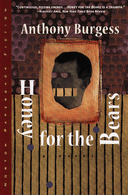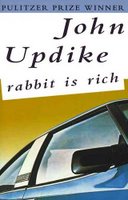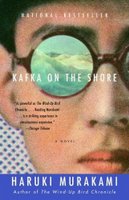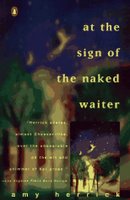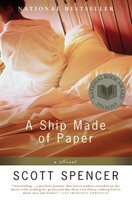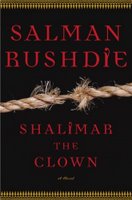Ideas of Heaven: A Ring of Stories by Joan Silber
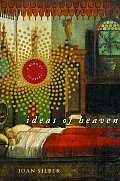
Exquisitely told tales of sensual, spiritual journeys…
This is somewhat typical, if overly fawning, of the reviews for this National Book Award finalist—Joan Silber for her collection of short stories, Ideas of Heaven: A Ring of Stories. But I had a slightly different take...*yawn*
Not only did I think her stories were unoriginal and uninteresting, I thought a lot of her writing was simply lazy. I found the very narrative structure of the stories irritating. The 50 foot overview or character studies, whichever, left these figures empty and lifeless. A book full of flimsy life stories/ histories strung together by gimmicky connecting characters. All of them uniformly dressed up with the same tired self-loathing and tortured love affairs.
A Ring of Stories has a mildly interesting premise.
An insignificant tertiary character in the preceding story becomes the main narrator of the following story. The collection ends with the re-appearance of the woman who we had met in the very first story. A Ring of Stories, get it? Yes, we get it. She makes the pattern easy to figure out for the first few stories, and then attempts to get clever later.
It isn’t really that I thought the stories were bad necessarily. Just…somewhat uninspired and mundane. The writing is good, but simple, often redundant and lacking in fervor. Each of the stories seems fashioned out of a short story template. There are characters who lead uninspired, listless lives, but eventually fall in love. The love frequently curdles in some way, and there’s usually a period of pain and sadness. At some point past the painful period, catharsis is achieved. There is closure. Lessons are learned.
Silber is trying to capture the spectacular in the ordinary. In the process, these lives become unintentionally uniformed in thought, insignificant and deeply un-spectacular.
I read this book months ago, and prompty sold it back to the used bookstore I got it from. Hence sadly, I have no damning evidence of mediocrity to show you. Reading the seattle review above, I am amused again by how completely I disagree with this Michael fellow. How is it that we were reading the same book? It is possible that the book is not as bad as I remember it, I suppose. Although Michael does seem to like Alice Munro, who I also think is un-spectacular (I must admit I have only read one of her books--that horrible "modern-day" recreation of Wuthering Heights...Heathcliff reincarnated as abusive jackass. *shudder*).
Update: Oops!! Not Alice Munro. Alice Hoffman wrote that horrible book reworking Bronte. I have never read Munro. My memory is failing me in old age:(
